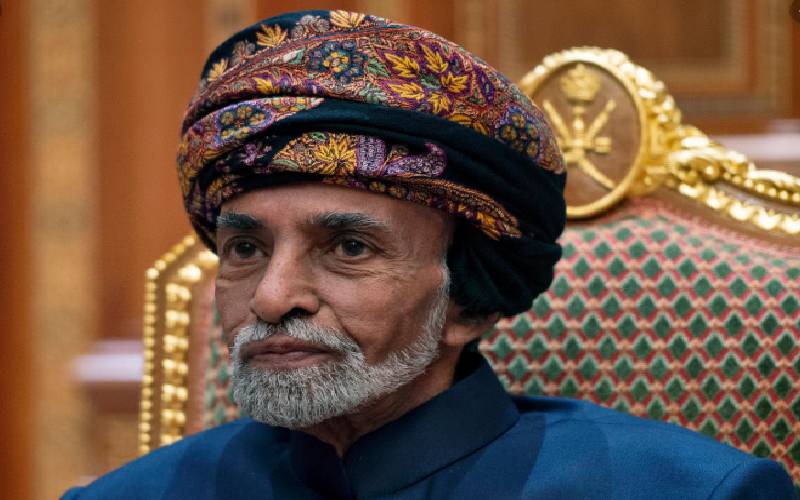×
The Standard e-Paper
Home To Bold Columnists

When people write about leadership, names like Lee Kuan Yew of Singapore and Sheikh Mohamed of Dubai come up, but rarely do they realise that an even more remarkable leader, right next door was delivering a political, social and economic miracle without too much fanfare. That leader was Oman’s Sultan Qaboos bin Tariq Al Said who passed away last week.